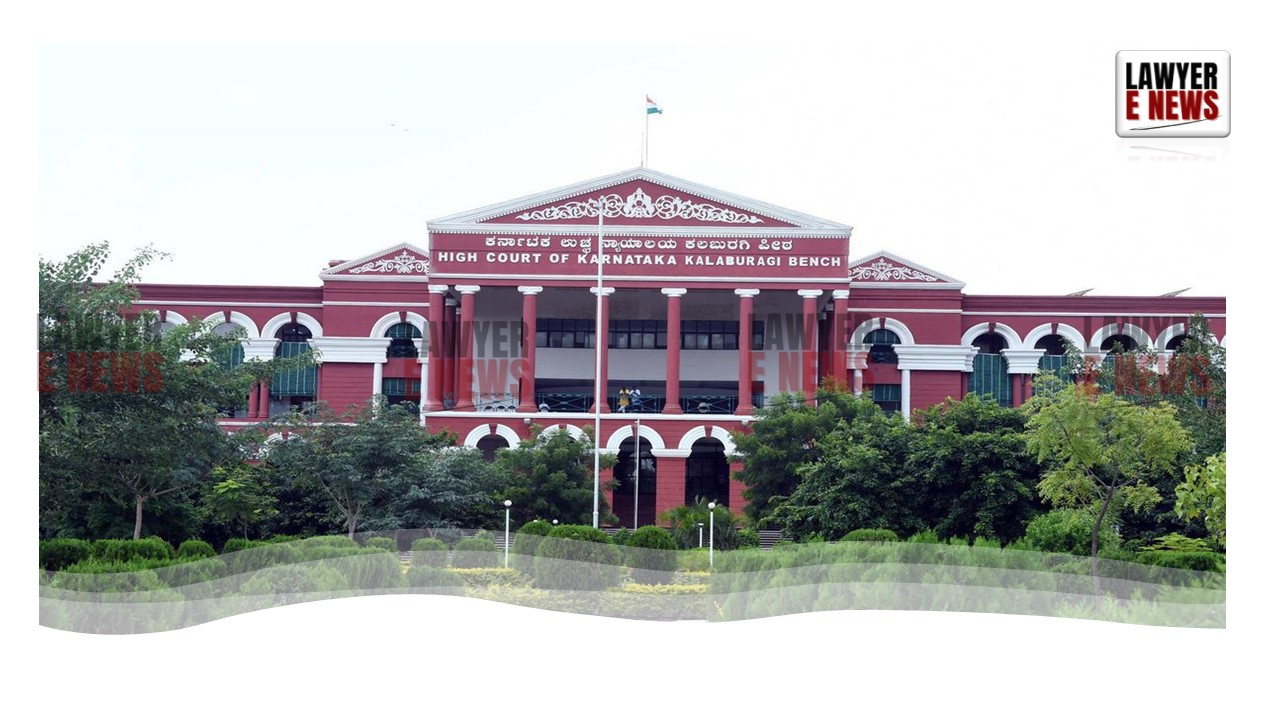-
by Admin
15 February 2026 5:35 AM



The Karnataka High Court dismissed a writ petition challenging the state government’s decision to de-nominate the petitioner as Chairman of the Karnataka State Minorities Commission. The judgment underscored the application of the "doctrine of pleasure," which allows the state to remove nominees at its discretion. The Court emphasized that the petitioner held the office subject to the pleasure of the government and that such removal did not require specific grounds or a hearing.
The petitioner was appointed as the Chairman of the Karnataka State Minorities Commission for a term of three years, subject to the pleasure of the state government. Following a notification that implied potential misconduct and illegalities, the petitioner was de-nominated from his position. He then filed a writ petition challenging this decision, arguing that his removal was arbitrary and violated the principles of natural justice.
The Court reiterated that the appointment of the Chairman under Section 4 of the Karnataka State Minorities Commission Act, 1994, is subject to the pleasure of the government. This doctrine allows the government to remove a nominee without assigning reasons or providing a hearing. The Court cited precedents where the doctrine of pleasure was upheld, noting that the doctrine does not grant a license to act arbitrarily but must be exercised within reasonable limits for public good.
The petitioner argued that his removal was arbitrary and malafide. However, the Court dismissed these claims, stating that the nomination was clearly conditional upon the pleasure of the government. The Court referenced multiple judgments where similar statutory provisions were interpreted, confirming that a nominee could not claim a vested right to the position if the statute explicitly allowed removal at the government's pleasure.
The Court's decision was heavily grounded in the principles surrounding the doctrine of pleasure. It emphasized that while the doctrine must be exercised reasonably, the petitioner’s position was always conditional and subject to removal without cause. The statutory framework and past judicial interpretations supported the state's authority to de-nominate the petitioner without procedural safeguards applicable to punitive removals.
Justice Nagaveni remarked, "The petitioner is a nominee who is nominated under Section 4 of the Act. Section 4 itself indicates that it is at the pleasure of the State. It is exercised, and he is de-nominated. Such de-nomination of a nominee cannot be questioned on the ground that it is arbitrary".
The Karnataka High Court's dismissal of the petition reinforces the state's discretion under the doctrine of pleasure in the context of statutory nominations. This judgment clarifies the legal standing of nominees holding office at the pleasure of the government, asserting that such appointments can be revoked without the procedural formalities required for punitive actions. The ruling is expected to impact how similar cases are approached in the future, emphasizing the conditional nature of such appointments.
Date of Decision: 28th May 2024
Abdul vs. State of Karnataka
